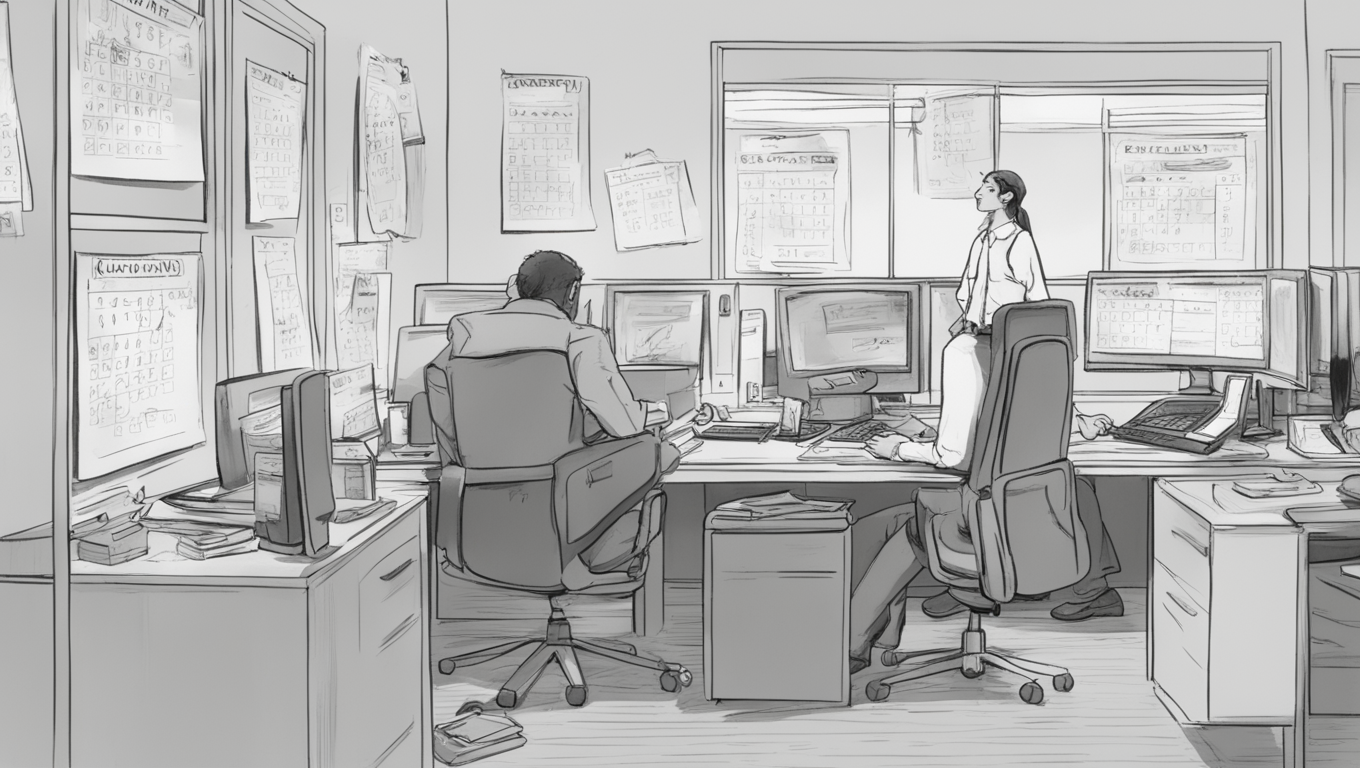Nearly a third of the UK’s workforce could be working a four-day week by 2033, thanks to the proliferation of advanced artificial intelligence (AI) technology, claims a new report from independent think tank Autonomy. As AI continues to gain power and popularity, the concern over its impact on job displacement has been a prominent topic. However, Autonomy’s report presents a more optimistic vision of how AI can positively shape our working lives.
The report, titled GPT-4 (Day Week), suggests that AI could enable 8.8 million workers in the UK, accounting for 28% of the workforce, to transition to a four-day workweek. Additionally, 27.9 million workers, or 88% of the country’s workforce, could see their working hours reduced by at least 10%. Autonomy arrived at these figures by considering the 1.5% annual productivity increase from AI, as estimated by Goldman Sachs, and drawing on data from the US Department of Labor’s Occupational Information Network.
Autonomy’s report outlines two potential scenarios for implementing AI to enhance productivity and improve working conditions in local authorities. The first scenario involves reducing working hours by 20% while maintaining the same level of pay for workers. The second scenario involves increasing worker productivity by 10%, enabling a 10% reduction in working hours while keeping pay levels the same.
Will Stronge, director of research at Autonomy, expressed the importance of using AI to benefit workers as well as companies. He stated, “A shorter working week is the most tangible way of ensuring that AI delivers benefits to workers as well as companies. If AI is to be implemented fairly across the economy, it should usher in a new era of four-day working weeks for all.”
Autonomy’s findings align with various ongoing trials and recent completed experiments exploring the feasibility of a four-day workweek. The majority of these initiatives have yielded promising results, with maintained or improved levels of productivity and significant benefits for worker well-being.
The potential of AI to revolutionize the way we work is becoming increasingly apparent, with AI-powered tools such as ChatGPT and Bard able to generate text and images with human-like quality in a fraction of the time. This raises questions about job security for human artists and illustrators. However, Autonomy’s report suggests that AI has the potential to create positive change by granting workers the opportunity for reduced working hours and improved work-life balance.
As AI technology continues to advance, it is crucial that we seize the opportunity to leverage its capabilities in a way that benefits both businesses and workers. Autonomy’s research provides valuable insights into the potential impact of AI on our working lives, offering a fresh perspective on its utilization for the greater good. With the possibility of a shorter workweek on the horizon, we may soon witness a new era of work that combines the efficiency of AI with the well-being of workers.





Use the share button below if you liked it.